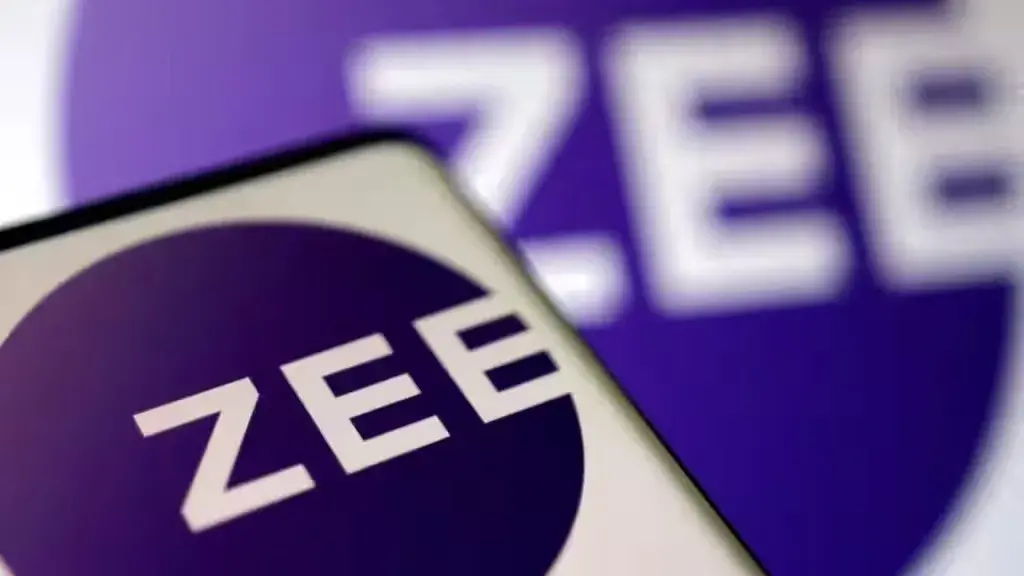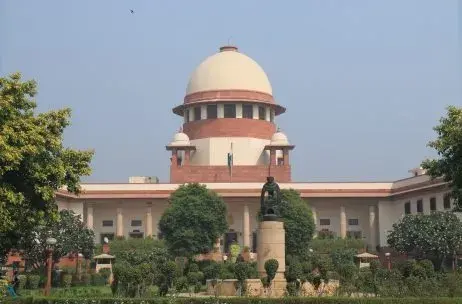Delhi High Court Upholds Ban on Bloomberg’s Defamatory Article Against ZEE Entertainment
Bloomberg India’s legal woes deepen as the Delhi High Court delivers a blow by dismissing its appeal against ZEE Entertainment Enterprises. Upholding the Sessions Court’s order from March 1, 2024, the High Court reaffirmed the injunction restraining Bloomberg from disseminating the allegedly defamatory article dated February 21, 2024, targeting ZEE Entertainment. Justice Shalinder Kaur, in her ruling, emphasized the existence of prima facie evidence supporting the necessity of an interim injunction, citing potential irreparable harm if the defamatory content remained unchecked. The court’s decision to dismiss Bloomberg’s appeal underscores the seriousness of the allegations and the need to protect ZEE Entertainment’s reputation from further harm. Furthermore, the High Court directed Bloomberg to adhere to the directives of the additional District Judge within three days, underscoring the urgency of compliance with the legal proceedings. ZEE Entertainment had filed a lawsuit in the Delhi Sessions Court, alleging that Bloomberg’s article contained false and misleading information aimed at tarnishing the company’s image. The Sessions Court had previously issued an interim ex-parte order on March 1, 2024, instructing Bloomberg to remove the contentious article from its platform within a week and refrain from publishing it on any medium, online or offline. ZEE Entertainment argued that the article’s inaccuracies regarding corporate governance and business operations had led to a significant decline in its share price, causing substantial losses for investors. With the Delhi High Court’s dismissal of Bloomberg’s appeal, the legal battle between the media giant and ZEE Entertainment intensifies, highlighting the importance of upholding journalistic integrity and corporate reputation in the digital age.



